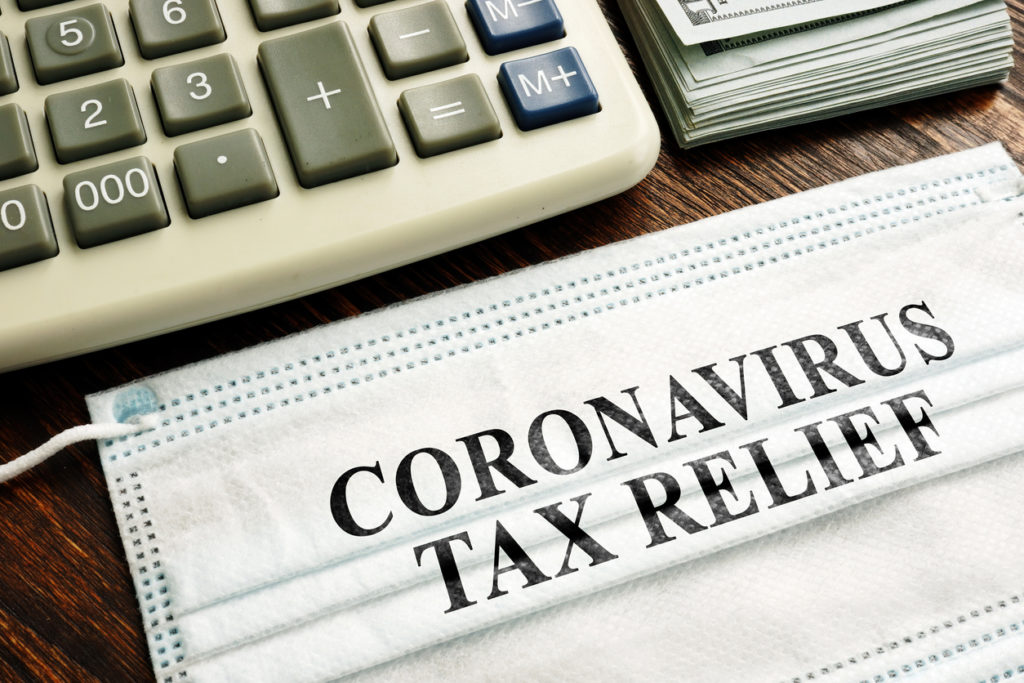On May 10, 2021, the Internal Revenue Service issued guidance Notice 2021-26 regarding the taxability of dependent care assistance (DCFSA) programs for 2021 and 2022.
Background
For many reasons, the pandemic affected the ability for people to use the money set aside in their DCFSA plans in 2020 and 2021. Recent coronavirus-related legislation, the Consolidated Appropriations Act (CAA), allows employers to amend their cafeteria plans to allow the participants to carry over unspent amounts or extend a grace period to spend down DCFSA accounts into 2021 and 2022. Where employers allow the carryover or extended grace period, certain employees may have large DCFSA balances to be reimbursed in 2021 and/or 2022. Typically, DCFSA amounts reimbursed above the maximum calendar year DCFSA limit are usually taxable to the employee and a special federal tax form (Form 2441) must be filed to pay taxes on these excess reimbursed amounts.
Relief
Notice 2021-26 provides relief from this taxation of excess reimbursements and clarifies that DCFSA benefits that would have been excluded from income if used during the taxable year ending in 2020 or 2021, remain eligible for exclusion from the participant’s gross income. Generally, any dependent care expenses reimbursed above the applicable DCFSA calendar limit in 2021 and 2022 will not be taxable if the excess amount was attributable to a CAA carryover or extended grace period.
IRS Example 1 (calendar year plan): An employee is covered by a calendar year §125 cafeteria plan that offers a DCFSA benefit. The employee elects to contribute $5,000 for DCFSA benefits for the 2020 plan year but incurs no dependent care expenses during the plan year. The employer allows the employee to carry over the unused $5,000 of DCFSA benefits to the 2021 plan year.
The employee elects to contribute $10,500 for DCFSA benefits for the 2021 plan year. The employee incurs $15,500 in dependent care expenses in 2021 and is reimbursed $15,500 by the DCFSA. The $15,500 is excluded from the employee’s gross income and wages because $10,500 is excluded as 2021 benefits and the remaining $5,000 is attributable to a carryover permitted under CAA.
For non-calendar plan years beginning in 2021 and ending in 2022, the increased exclusion amount will not apply to reimbursements incurred during the 2022 portion of the plan year. Reimbursements of more than $5,000 from 2021 DCFSA contributions to pay for DCFSA expenses in 2022 may be taxable. Refer to the IRS Notice 2021-26, Examples 2 and 3 (pages 4 and 5) for specific examples of the taxation issues for off-calendar year plans.
Notice 2021-26 also clarifies that any DCFSA accounts carried over or extended pursuant to CAA are disregarded for purposes of the DCFSA annual limits under §129 of the Internal Revenue Code for the taxable years ending in 2021 and 2022.
Conclusion
This IRS guidance is welcome news considering the COVID-19 pandemic daycare closures and will allow employees to avoid taxes on DCFSA prior plan year contributions used to reimburse expenses in 2021 and 2022. This may complicate tax filings for taxpayers when they complete their 2021 and 2022 federal tax returns.
For more details on the CAA permissible changes, please see our blog where we discuss optional employer changes for DCFSA plans under the CAA and a subsequent blog discussing the limit increase for DCFSA plans under the American Rescue Plan Act.
TRI-AD and our Associates’ suggestions or recommendations shall not constitute legal advice. No content on our website can be construed as tax or legal advice and TRI-AD may not be considered your legal counsel or tax advisor. Clients are encouraged to consult with their tax advisor and/or attorney to determine their legal rights, responsibilities, and liabilities. This includes the interpretation of any statute or regulation, federal, state, or local; and/or its application to the clients’ business activities.

